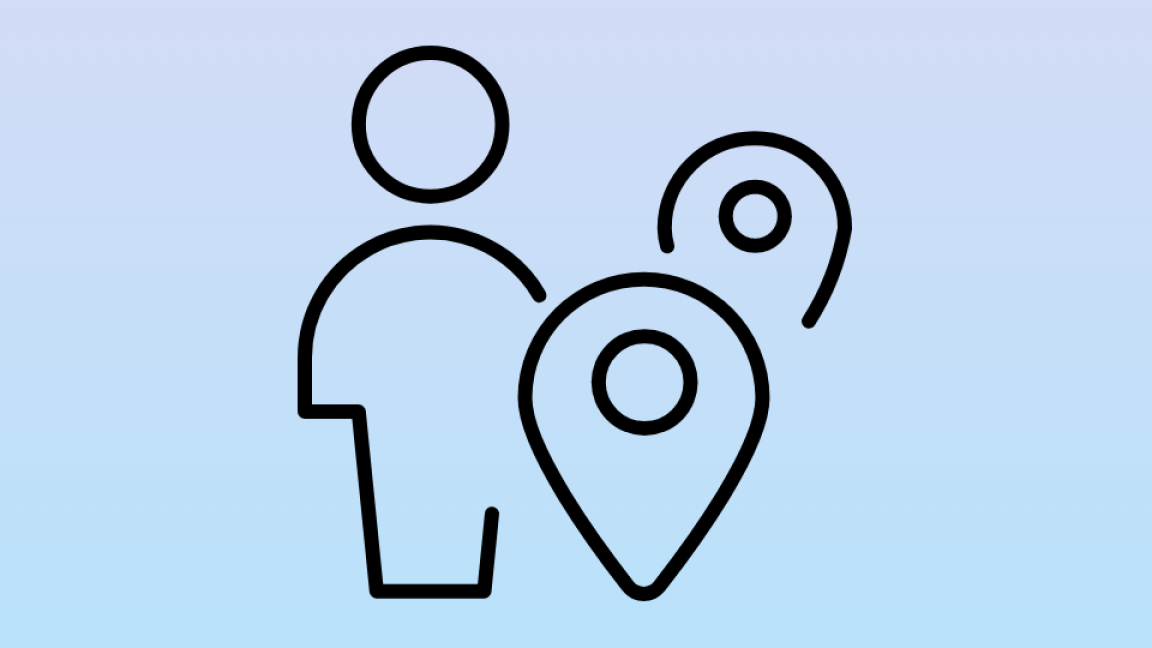Displacement and migration pose challenges for policy-makers and wider society, but regulated and safe migration can also offer development opportunities.
Why people leave their homes
People leave their homes for a variety of reasons:
- Wars, violence, or political or religious persecution may force them to flee.
- Climate change is making entire regions uninhabitable.
- Others move for better work or educational opportunities.
We are work all around the world to deal with these challenges. We help people to develop new opportunities and harness the positive effects of migration for development.
